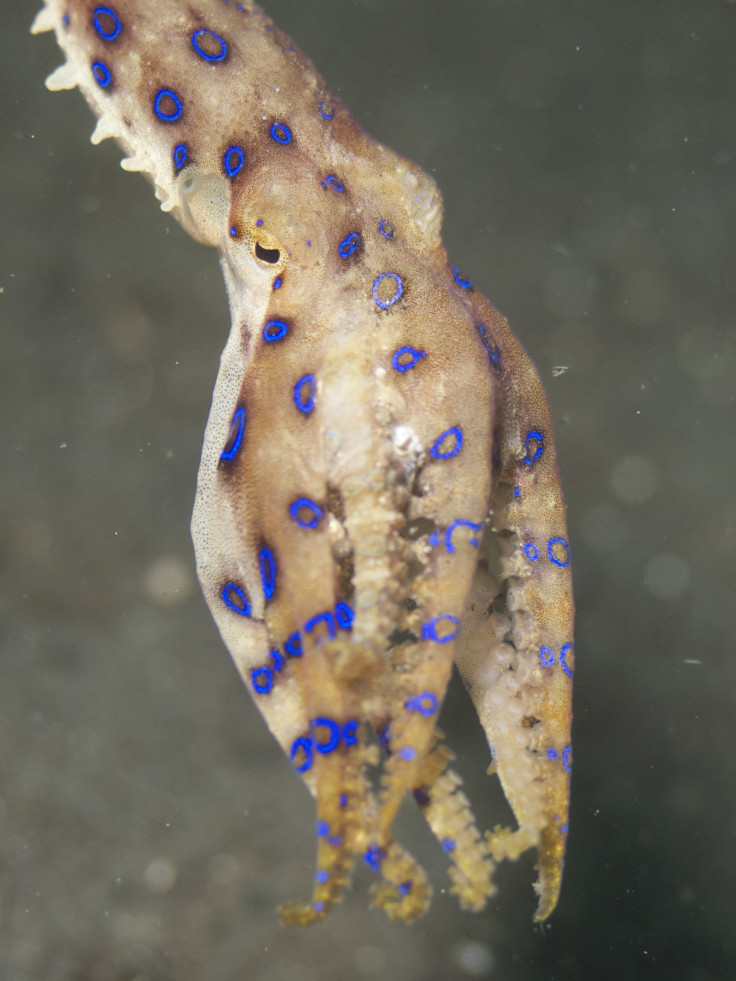Man in China served deadly blue-ringed octopus at restaurant
The blue-ringed octopus is one of the most venomous creatures on the planet.
A man in China was served a deadly blue-ringed octopus at a restaurant in Guangdong province.
He was just about to eat it when he became a little suspicious and posted a picture of his plate on social media and asked people if he should eat it or not. The photo showed several small octopuses served on a flat basket full of crushed ice.
"Can I eat it? I am waiting for your reply. A bit anxious," the man asked on his Weibo account last week. Had it not been for the timely response of a science blogger who goes by the name of Bo Wu Za Zhi, the man may not be alive today.
He warned the man, stating that it was a leopard-striped or blue-ringed octopus "whose toxicity is very strong and won't be neutralised when heated."
He also explained that sometimes blue-ringed octopuses get mixed up with ordinary ones. The man who served the octopus later posted an update to his original post and said that he sent back the plate and did not eat it.
Blue-ringed octopuses are some of the most venomous animals on the planet. Its venom contains tetrodotoxin, a potent neurotoxin that is said to be 1,000 times more dangerous than cyanide. It paralyses breathing and breathing-related muscles, and there is no antidote to its venom, according to The Hindu.
The blue-ringed octopus uses its venom to kill its prey. It has a life span of only a few months. They are shy animals and stay away from humans, but they may attack you if threatened or provoked.
They display their blue rings when they are upset. They are usually only the size of a golf ball. They are found in shallow coastal waters, including the foreshore.
At least three kinds of blue-ringed octopus are found in Chinese waters, and these include the striped leopard octopus, the crescent leopard octopus, and the spotted leopard octopus. However, their number is very small when compared to other species of octopuses found in China.

© Copyright IBTimes 2025. All rights reserved.






















